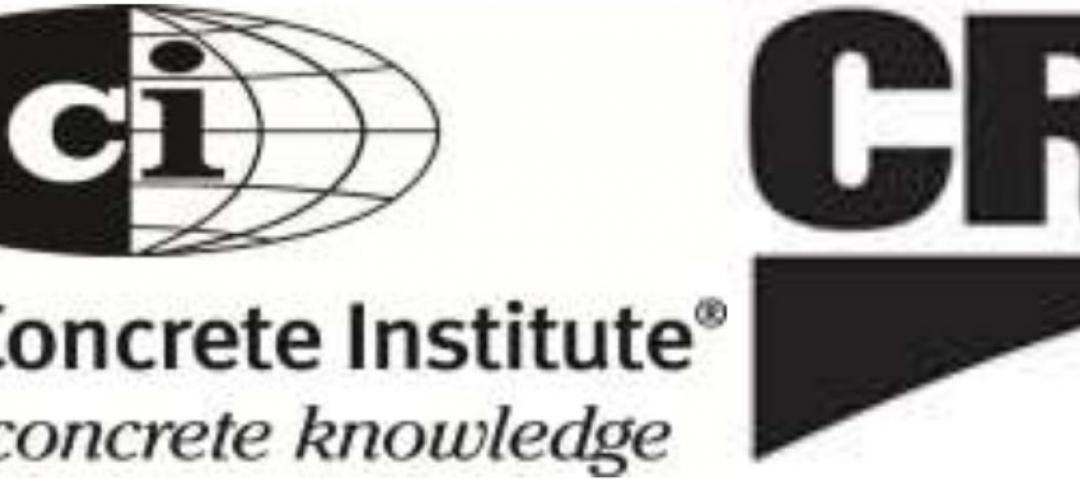The Bullitt Center in Seattle, which some say is the world's "most efficient" office building is not only influencing how other structures are built, it is contributing to revisions of codes and public policy.
The building’s design was made possible by Seattle’s Deep Green Pilot Program that allows builders to deviate from standard codes to build more sustainably. For example, the building was allowed to add two to three feet to the height of each floor to allow more daylighting. Neighbors objected to the additional 10 feet in overall building height, but the program permitted the non-conforming design.
Some of the building’s code deviations have been incorporated into the city code. For instance, the city council and the mayor had to approve changes to the building code to allow permits for “sustainability features.” This move allows the building’s solar canopy to extend all the way to the property line.
Bullitt Foundation, the environmental group that owns the building, recently signed a first-in-the-nation agreement with the local utility that will allow the foundation to sell Seattle City Light the energy it is saving or “negawatts.” The arrangement, known as MEETS (metered energy efficiency transaction structure) could be a pioneer in drawing investment funds to energy-efficiency projects.
Bullitt is also seeking final approvals from the county and state to turn the building into its own water district. That designation would allow tenants to drink rainwater collected on site and treated in the building’s basement.
(http://grist.org/business-technology/how-one-building-is-changing-the-world/)
Related Stories
| Oct 20, 2011
Michigan bill would let private firms operate as a city’s building department
Michigan House Bill 5011 would change state’s building code to allow private companies to operate as a municipality's building department.
| Oct 20, 2011
Alabama’s strict immigration law drives away construction workers
Alabama's strict new immigration law is driving many construction workers and roofers from the state.
| Oct 20, 2011
Fed bill would allow school rehab funding via historic tax credits
Virginia Sens. Jim Webb (D) and Mark Warner (D) introduced a bill this month to rehab aging schools across the country through the use of historic tax credits.
| Oct 20, 2011
Process leads to new design values for southern pine and other visually graded dimension lumber
A summary of the process used to develop new design values will clarify many of the questions received by the SFPA.
| Oct 19, 2011
Another drop for Architecture Billings Index
Positive conditions seen last month were more of an aberration.
| Oct 18, 2011
Dow Building Solutions invests in two research facilities to deliver data to building and construction industry
State-of-the-art monitoring system allows researchers to collect, analyze and process the performance of wall systems.
| Oct 14, 2011
ACI partners with CRSI to launch new adhesive anchor certification program
Adhesive anchor installer certification required in new ACI 318-11.
| Oct 13, 2011
New Building Materials Label Focuses On Sustainability
Architectural products company Construction Specialities and design firm Perkins + Will have created a label for building materials to shed light on product content.
| Oct 13, 2011
New Law: California Building Standards Commission Must Include Green Expert
A new California law, AB 930, requires that one member of the California Building Standards Commission be “experienced and knowledgeable in sustainable building, design, construction, and operation.”
| Oct 13, 2011
AGC Urges Repeal of 3% Withholding On Government Contracts
The U.S. House of Representatives is planning a vote in October on a bill to repeal the 3% withholding requirement on all federal and state contracts for goods and services.











